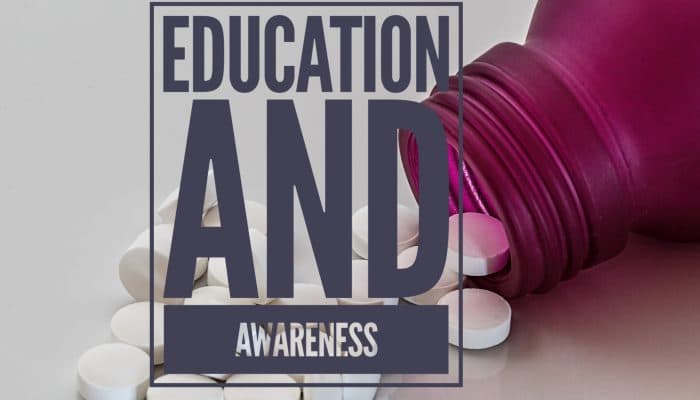
The opioid epidemic is making an impact on more than just families and governmental budgets. Recent data estimates that Ohioans have lost more than 500,000 years of life expectancy to the epidemic in the past seven years. Overall, the life expectancy of the average Ohioan is down 1.1 years. According to the Center for Disease Control, for every person who dies of an opioid overdose, another 130 are living with addiction. New efforts aim to reverse these trends by focusing on those living with addiction.
In a recent study published by the Federal Reserve Bank of Cleveland, researchers examined the impact of the opioid epidemic on local businesses. The results show that nearly 65% of business owners feel as though increased opioid use has impacted their business either directly or indirectly. In terms of labor, many businesses are experiencing hiring difficulties due to an increase in failed drug tests. Several business have reported current employees struggling with addiction. Additionally, many employees say they have family members who are dealing with substance abuse issues. The epidemic has hit blue collar industries the hardest. Notably, trucking companies say they have had hiring difficulties, which can increase shipping costs.
Higher absenteeism, loss of productivity, and risk of workplace accidents are all issues that arise when employees are struggling with addiction. Education and awareness among employers and employees is one way of combatting these issues. In early March, The Ohio Chamber of Commerce rolled out an “opioid toolkit.” The toolkit consists of materials employers can use to learn about the crisis and maintain a drug free workplace. Employers hope to decrease high job-turnover rates and high health-care costs associated with substance abuse. The toolkit also provides guidance on how employers can conduct their own employee education programs to tackle the epidemic internally. Among the education programs are online courses that educate employees on the safe consumption of prescription drugs.
The effort to increase education and awareness does not end with the business community. Opioids abuse also creates an incredible amount of strain on family units. The Alcohol, Drug, and Mental Health Board of Franklin County hopes to educate families through a multimillion dollar public awareness campaign launched in June. The campaign, funded by the Columbus Foundation, advertises on social media, television, and radio. The campaign aims to discourage youth from abusing prescription medications, but the real target of the ads are parents. Set in the fictional town of “Denial, Ohio,” where parents think it impossible their children would be involved with opioids, the ads remind the public that everyone is a potential victim of this epidemic. It encourages parents to educate their children about opioids and to ensure that prescribed pain-relief medications, are used properly. These ads provide resources for adults on how to restrict access to narcotics in their households. The campaign also hopes to change the stigma associated with opioid addiction, shifting the way people think of addiction from a personal choice, to a disease that needs treatment.
